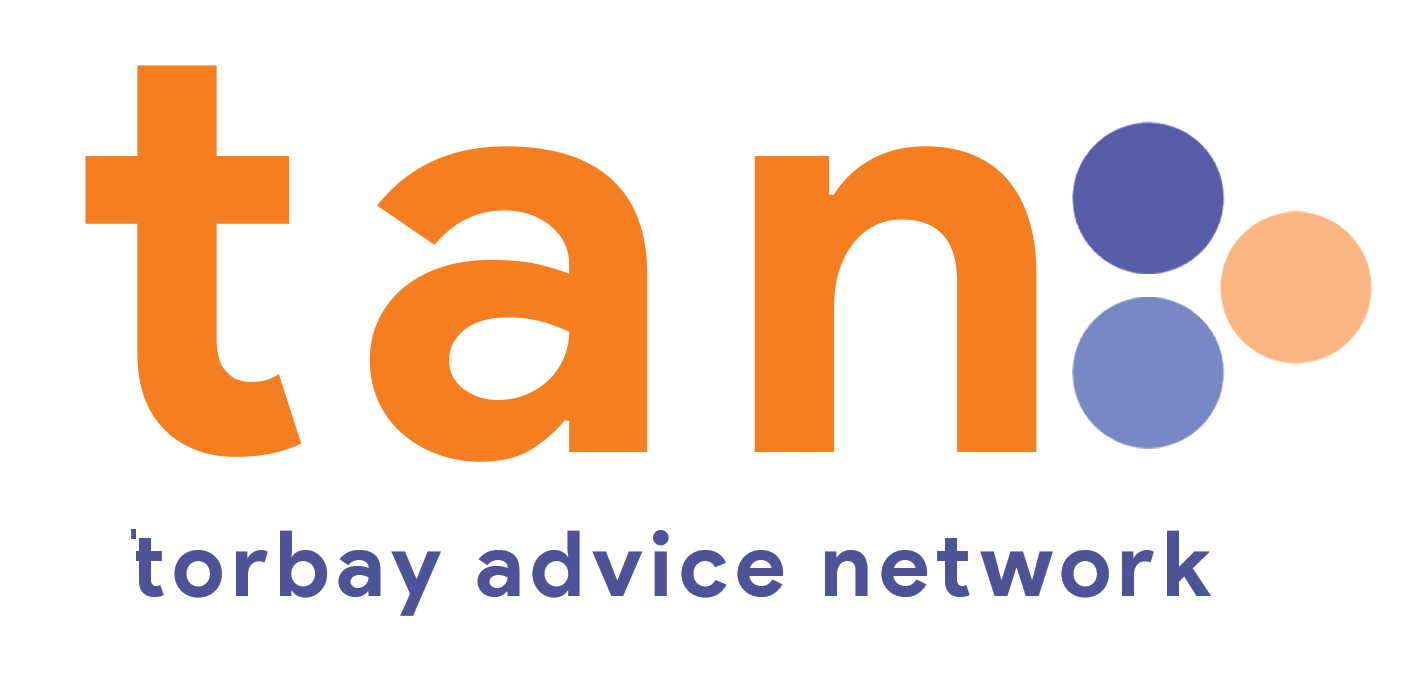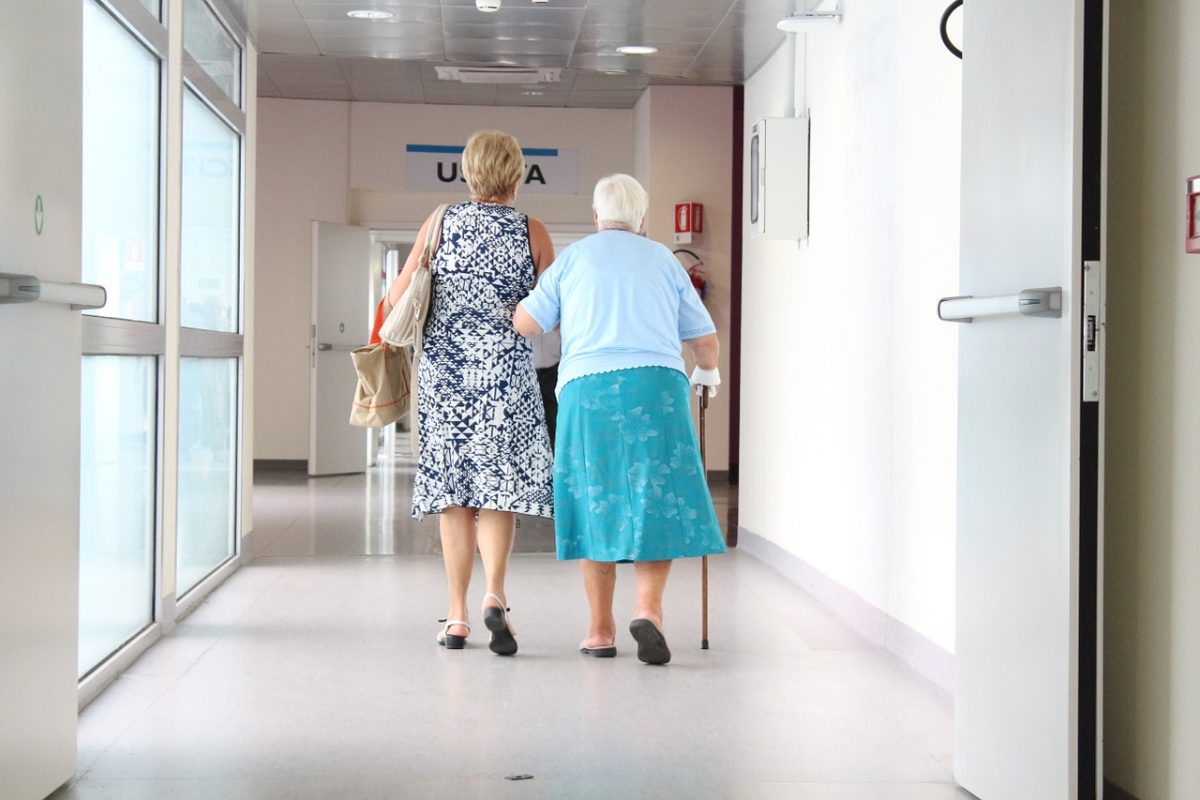How ageing affects health and care need in England
The National Health Service Act 1946, which set up the NHS in England and Wales, contained a provision that NHS services should be provided free of charge unless that Act expressly provided for a charge. This provision has been carried forward into the legislation which replaced the 1946 Act – the NHS Act 1977, and subsequently the NHS Act 2006.
Today the Department for Work and Pensions is introducing an amendment to the Universal Credit (UC) Regulations 2013 and the Employment and Support Allowance (ESA) Regulations 2013 to exempt people who are terminally ill from the requirement to accept a claimant commitment to be eligible for benefits.
Monthly Universal Credit Local Housing Allowance rates for England, Scotland and Wales from 2022 to 2023.
Two severely disabled men known as TP and AR have won yet another legal challenge over the Department of Work and Pensions’ (DWP) failure to provide adequate transitional payments to protect them and others from a cliff-edge loss of income following their move on to Universal Credit (UC).
Free confidential and impartial support to help people make a Universal Credit claim will continue to be delivered across Great Britain for the fourth year running.
This easy read guide explains what Access to Work is and how you can apply for it.
How Universal Credit works if you are self-employed and how to report your self-employed income and expenses to Universal Credit every month.
This policy limits the total amount that Government can spend on certain benefits, including tax credits and housing benefit. Not to be confused with the household benefits cap which limits the amount individual households can receive.
The High Income Child Benefit Charge provides for Child Benefit to be clawed back through the tax system from families where the highest earner has an income in excess of £50,000, to be withdrawn completely where that person has an incomes of over £60,000.


